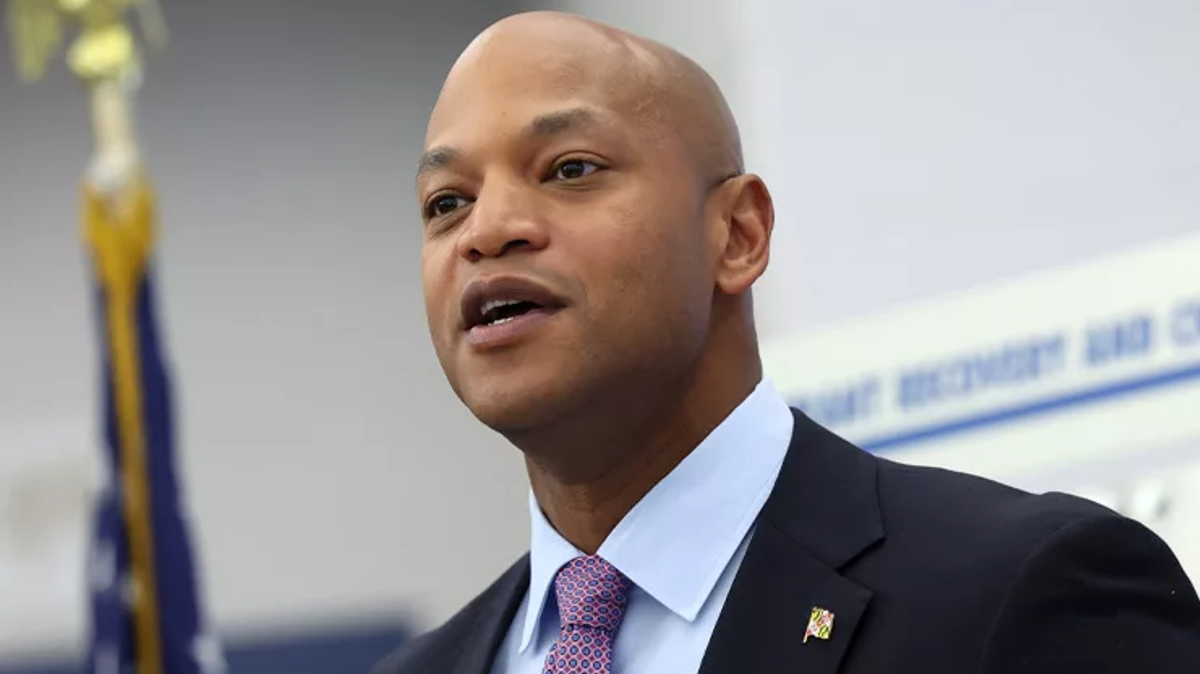In his second State of the State address, Maryland Gov. Wes Moore further advanced his vision to “leave no one behind” through four pillars.
Moore’s address on Wednesday focused on making the state safer, more affordable and competitive, as well as a state that serves. To do so, he said his administration will enact a state plan that prioritizes public safety, housing, child care and child poverty.
The governor declared the state of the state as strong while acknowledging unfinished work to solve big problems, as well as lessons learned in his first year in office.
“One year ago, we began our work together. We knew our state had boundless opportunities and blinding potential. But we were leaving too much on the table. One year later, we still have work to do. We learned a lot of lessons. And solving big problems can’t happen overnight. But change is happening. And today, the state of our state is strong,” Moore said.
Moore pointed to a new state plan that he said will establish “specific, measurable, actionable, realistic and time-bound goals” for the next three years that will be accomplished through a partnership between the executive and legislative branches.
“We need to stand united – with a clear commitment to doing the work, and with a clear understanding that the months and years ahead will be hard,” Moore said. “But if there’s one thing the last 12 months have taught us, it’s that Marylanders do hard things – and they want us to accomplish hard things in partnership.”
Senate Minority Leader Stephen Hershey Jr., R-District 36, delivered the Republican Response, saying Maryland Republicans are prepared to work alongside the governor to find common ground.
“Gov. Moore has put forth a bold and ambitious plan for Maryland, one that is built on the promise that no Marylander will be left behind. This is a vision we can certainly support; after all, our ultimate goal is the success and well-being of every single Marylander,” Hershey said. “However, we must underscore that achieving such a lofty goal requires much more than grand declarations. It necessitates concrete actions and collaborative efforts.”


Comments are closed